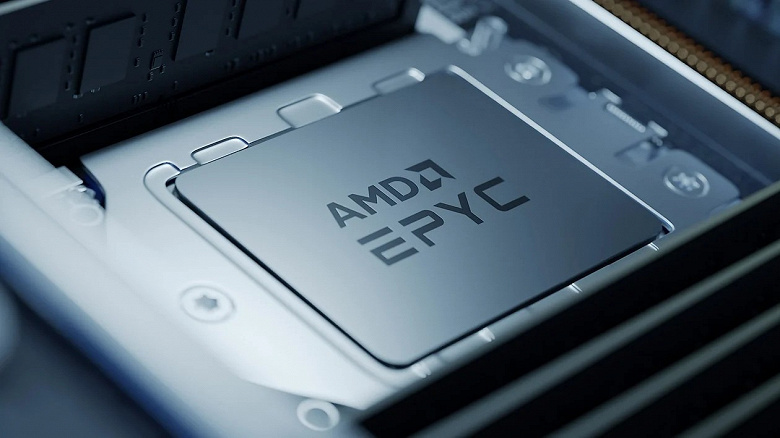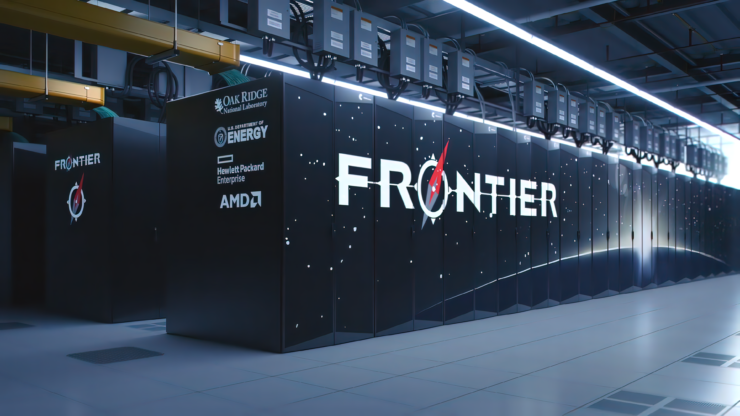This processor clearly demonstrates the benefits of finer process technology.
The Ryzen 3 1200 was once a regular 14nm processor, but AMD recently switched it to 12nm rails and named the Ryzen 3 1200 AF. The result – The CPU stably keeps the frequency of 4 GHz and performs in tests for the better Core i3-9100F, whose maximum frequency reaches 4.2 GHz. A couple of days ago we already gave a comparison of the performance of the new and old models, and now there is an opportunity to compare the capabilities of the Ryzen 3 1200 AF relative to its direct competitor from the Intel camp – Core i3-9100F.
Intel note. Ryzen 3 1200 AF, transferred to the 12 nm manufacturing process, easily accelerates to 4 GHz and outperforms the Core i3-9100F in performance
To begin with, it should be noted that with the transfer to finer process technology, the characteristics of the CPU have not changed: the Ryzen 3 1200 AF still has 4 processing cores, does not support multithreading, and operates at a frequency of 3.1-3.4 GHz. The cache volume of the second level is 2 MB, the third is 8 MB, the TDP level is 65 watts. But the transfer to a finer manufacturing process has improved the situation with overclocking: as the tester writes, the CPU easily starts at a frequency of 4.0 GHz. And in this overclocked version, it outperforms the Core i3-9100F in three out of five tests.
Well, the overall result of a specific test is 12 pluses and not a single minus. In this example, it’s easy to understand what Intel is losing while continuing to stick to its 14-nanometer process technology. However, the 10-nanometer process technology for the blue will be delayed for more than one year.









